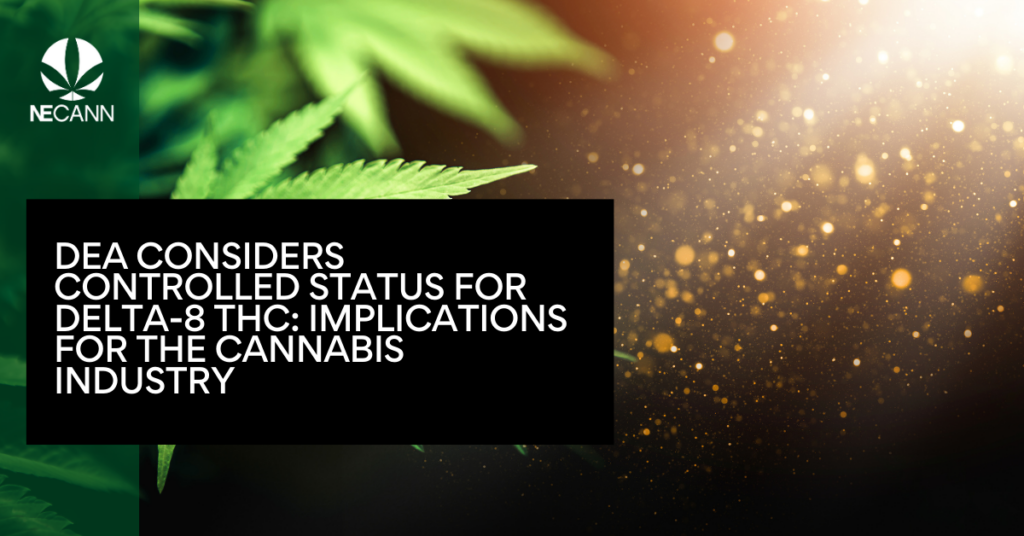The U.S. Drug Enforcement Administration (DEA) has recently shown indications of classifying synthetically-derived cannabinoids, including delta-8 THC, as controlled substances under federal law. This development, as outlined in a DEA conference presentation dated May 4, has significant implications for the cannabis industry and consumers alike.
According to the DEA’s response to a control status inquiry, any product containing synthetic THC is considered a Schedule I controlled substance under the Controlled Substances Act. However, exceptions or alternative scheduling may apply if the product is specifically listed in another schedule under the Agricultural Improvement Act (AIA) of 2018, commonly known as the 2018 Farm Bill.
The 2018 Farm Bill granted states the authority to implement their own hemp programs and regulations, leading to a surge in hemp-derived cannabis products, including those containing synthetic THC.
The DEA intends to propose a rule to establish THC limits in hemp products, aligning them with other exemptions under the AIA. Notably, 14 states have already banned delta-8 THC products, and two states have implemented regulations for delta-8 THC sales.



